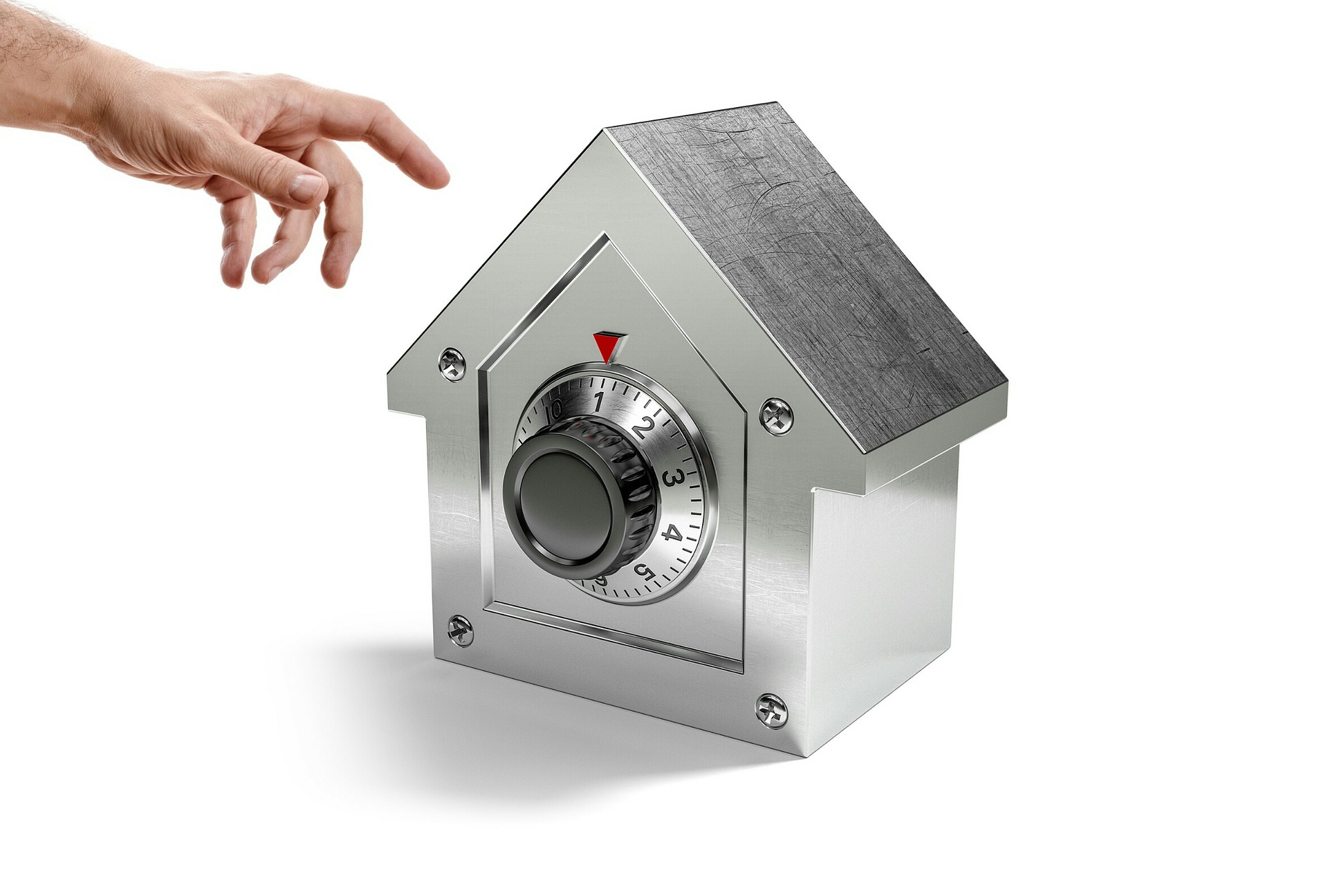If a tenant did not pay rent or you incurred significant damages to your property during their lease, you might need to withhold a portion, or all, of a tenant’s security deposit to cover your losses. As a landlord, it is important to understand what you are legally allowed to charge your tenant, as well as the specific laws regarding security deposits in your state.
The state of Illinois does not set a limit on the maximum amount a landlord can collect from a tenant, but most deposits are typically between one and two months rent. Security deposit laws can change drastically from one municipality to another so please check your local laws for specifics.
When charging a tenant a portion or all of their security deposit, it is important to keep in mind these elements of Illinois’ and Chicago’s security deposit laws so you know what actions you can legally take.
How To Store Deposits
Of all the security deposit laws in Illinois, Chicago has the most comprehensive (and unforgiving). The Chicago Residential Landlord Tenant Ordinance (RLTO) requires a landlord to:
Hold the security deposit, separate and apart from the landlord’s own funds, in a federally insured interest-based account.
Provide tenants with a receipt for the security deposit that includes the owner’s name, the date it was received, a description of the dwelling unit, and a signature from the person accepting the deposit.
Must pay interest each year on security deposits and prepaid rent held for more than six months. The interest rate is predetermined by the City of Chicago and is currently 0.01% for 2020. You are required to pay the interest to the tenant within 30 days of the end of the lease term. As the landlord, you can determine whether to pay the tenant this amount or credit it toward the tenant’s next month’s rent if they renew their lease.
Reasons To Keep a Tenant's Security Deposit
Landlords are allowed to keep all or a portion of a tenant’s deposit to cover certain expenses. These include:
Unpaid rent.
Damage in excess of normal wear and tear. Normal wear and tear includes damages such as faded paint, floors in need of a new coating, or partially clogged sinks due to aging pipes.
Additional costs associated with a breach of the lease.
Unpaid utility bills the tenant was liable for under the lease’s terms.
Costs to clean the property if the tenant has not done so.
Make sure to outline the purpose of the security deposit and what it can be used for in the lease to prevent issues upon move out.
Providing a Written Statement of Damages
You must return the security deposit to your tenants within 45 days from when they move out. However, under Chicago law / RLTO, landlords may deduct any unpaid rent or the amount needed to repair damages to their property. If you intend to withhold security deposit funds, you must deliver a written statement of damages to the tenant within 30 days from when they vacated your property. Tenants are required to provide landlords their current mailing address or email so they can send the statement.
The itemized statement of damages must contain either estimated or actual costs, including receipts. If you provided estimated costs, be sure to send the actual receipts within 30 days of the date you sent the statement of damages to your tenant.
If you cannot show receipts for damages, you are still required to provide a list of costs, along with any additional evidence, to show what you paid to fix your property. You must also be able to explain why you cannot produce receipts.
If a landlord does not adhere to Illinois and Chicago security deposit laws, tenants may be entitled to a full return of their deposit plus a penalty of two times the security deposit, along with any additional attorney fees or costs.
Security deposit laws can be confusing for new landlords, but they are vitally important to comply with or else you could be facing lofty penalties. Always double check with your local laws and ordinances before handling security deposits to reduce your risk. Also, feel free to give us a call - we are happy to answer any questions you have about security deposits or any of your landlord needs.






.png)


